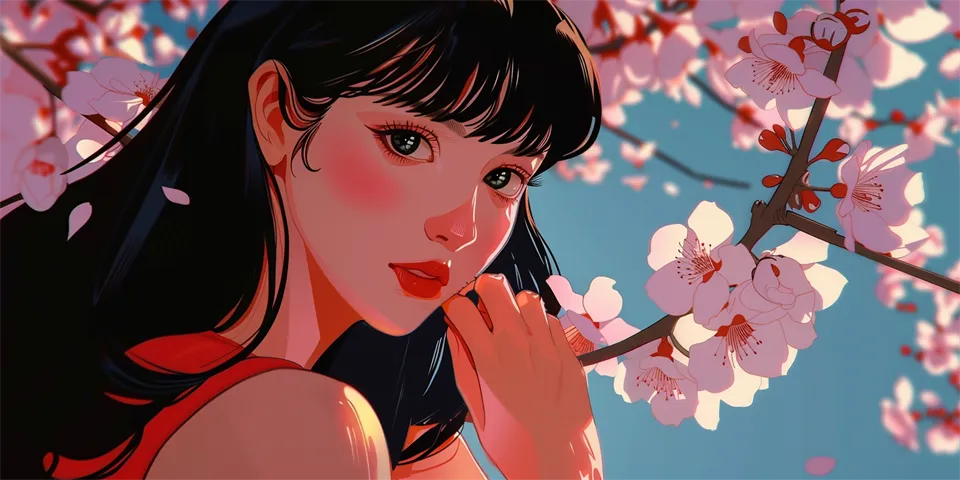Can you get copyright trouble for fanfiction
As the passion and popularity of fanfiction keeps growing, one of the questions lingering on many minds is, "Can you get copyright trouble for writing fanfiction?" To give some comprehensive insights into this complex matter, let's delve into the discourse from various perspectives.
Understanding Fanfiction
Before delving into the legalities, let's first understand what fanfiction is. Fanfiction is a form of fictional writing that draws heavily on characters, scenarios, or other elements of previously established works. Often penned by fans of the original work, it is generally published on platforms like FanFiction.net or Wattpad. These platforms have rules and policies aimed at protecting writers from potential copyright infringement issues, but the intrinsic nature of fanfiction opens it up to potential legal complications.

The Concept of Copyright
Copyright laws protect an author's unique expressions of an idea, including fictional characters and settings. These rights prohibit anyone from using these expressions without authorization. From a copyright perspective, fanfiction could be viewed as infringing because it borrows elements directly from an author's works. Although aspects such as plotlines and broad themes cannot be copyrighted, specific detailed elements like characters and settings can be.
The Legal Doctrine of Fair Use
The principle of fair use, however, brings a unique dimension into this discourse. Fair use is a legal doctrine that allows limited use of copyrighted material without obtaining permission from the rights holders. It's applied on a case-by-case basis, considering factors such as the purpose of the use, the nature of the copyrighted work, and the effect on the market value of the original work. Fanfiction can sometimes fall under fair use, especially when it's non-commercial and transformative.
The Role of Transformative Works
'Transformative works' are creations that change, critique, comment on, or provide a new purpose to the copyrighted work. When fanfiction significantly transforms the essence of the original work, it might be considered fair use. However, the line between mere imitation and transformative work can sometimes be murky. The Organization for Transformative Works, which runs the Archive of Our Own (AO3) fanfiction platform, has always championed the legality of fanfiction as transformative works.
Litigation History
While some authors embrace and encourage fanfiction, others have pursued legal actions against fanfiction writers. There have been a handful of notable instances where fanfiction authors have been sued for copyright infringement. However, many of these cases resulted in settlements outside of court or were dismissed due to lack of concrete legal framework surrounding fanfiction. The results of these cases have left the legal status of fanfiction in a gray area.
Perceptions of Original Creators
Often, authors' attitudes towards fanfiction play a big role in the potential copyright issues. Some authors openly condone fanfiction, seeing it as a testament to their work's popularity and influence. Others, however, may feel that it infringes upon their creative rights.
Pro-fanfiction authors include creators like J.K. Rowling, who has often expressed appreciation for fan-created works based on the Harry Potter universe. On the other hand, authors like Anne Rice have expressed open disdain for fanfiction, and have threatened to take legal action against authors who write it.
Frequently Asked Questions
Q: Am I likely to get sued if I write fanfiction?
A: The likelihood of getting sued for writing fanfiction is relatively low. Most copyright holders don't go after fanfiction authors, especially if the works are non-commercial and don't negatively impact the original work's market.
Q: Can I earn money from my fanfiction?
A: Monetizing fanfiction opens a fresh can of worms concerning legal and ethical issues. If you earn money from it, copyright holders may be more likely to see it as a threat and could potentially take legal action against you.
Q: Can I use characters from multiple works in my fanfiction?
A: While you can certainly create crossover fanfiction in principle, blending characters from different copyrighted works could potentially increase your exposure to copyright issues.
Conclusion
In conclusion, while fanfiction does have the potential to infringe on copyright laws, many factors can mitigate its legality, including the perspectives of the original authors and the transformative nature of the fan-created work. Nevertheless, fanfiction writers should always be mindful of the fine line they walk between passionate homage and possible infringement.
References
Tushnet, R. (2017). The Legal Fictions of Jennifer L. Jenkins. In P. Goodenough & M. Oliar (Eds.), Creativity Without Law: Challenging the Assumptions of Intellectual Property (pp. 53-74). New York, NY: NYU Press. Accessed online.
Oliar, D., & Sprigman, C. (2008). There's No Free Laugh (Anymore): The Emergence of Intellectual Property Norms and the Transformation of Stand-Up Comedy. Virginia Law Review, 94(8), 1787-1867. Accessed online.
Explore your companion in WeMate